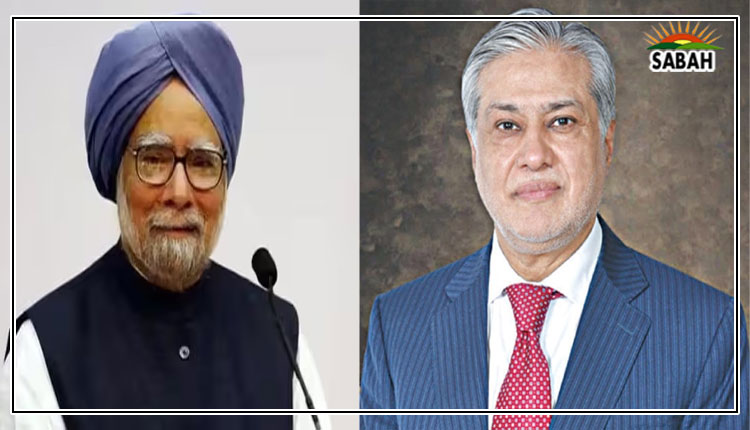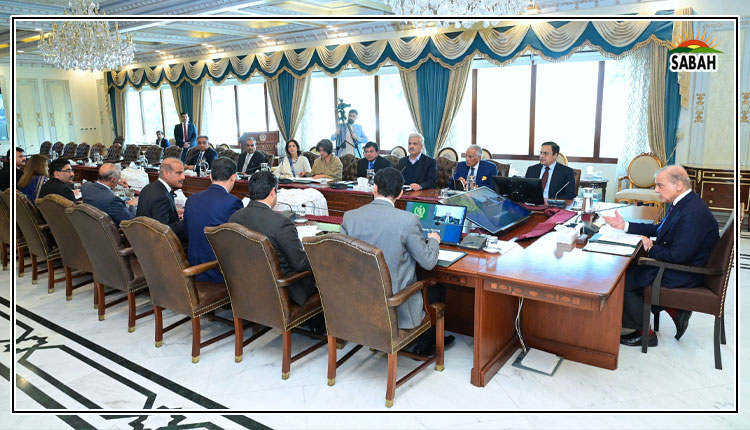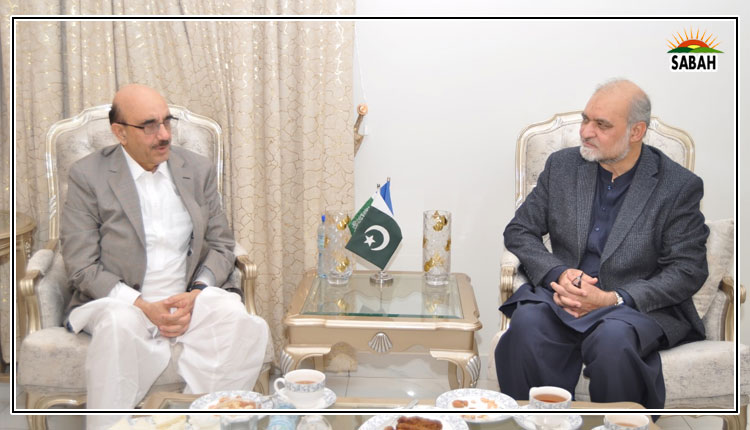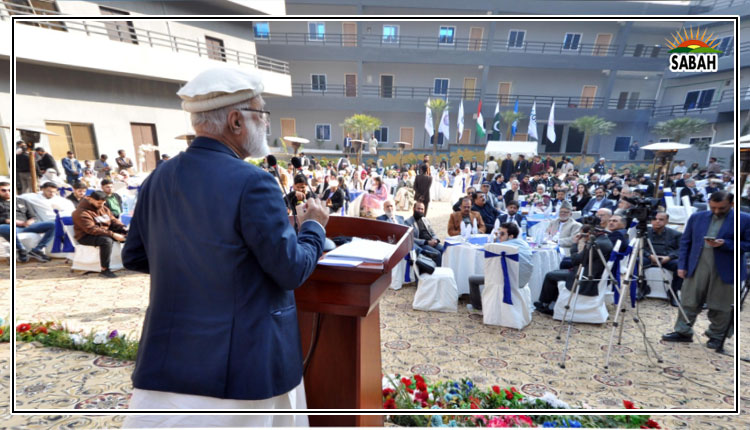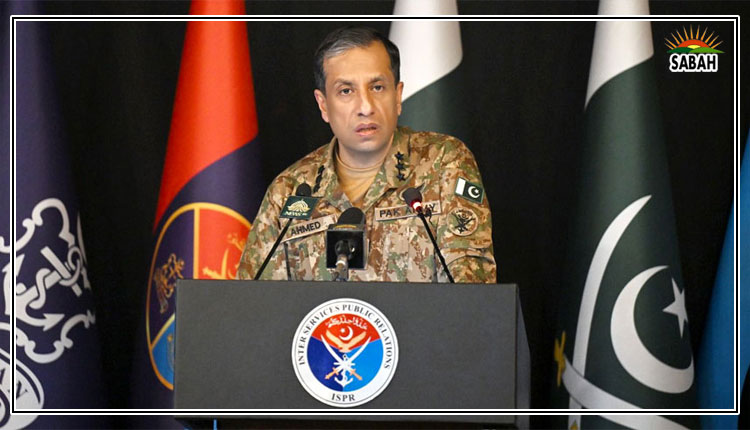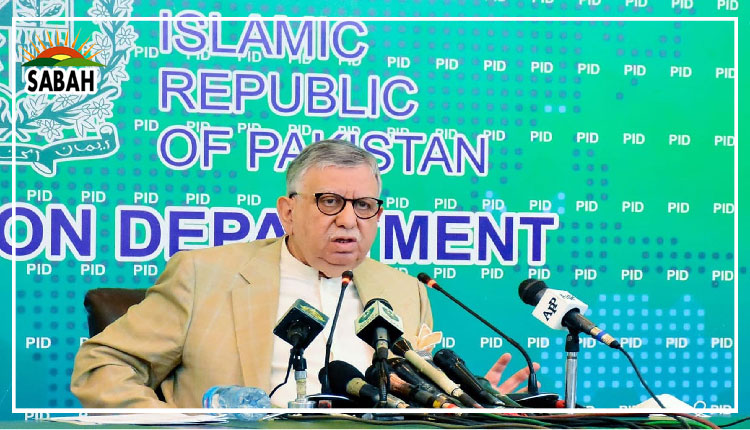Shaukat Tarin says IMF asked Pakistan to explain how it would fund $1.5b relief package announced by PM Imran Khan
ISLAMABAD, Mar 20 (SABAH): The International Money Fund (IMF) had said it needed Pakistan to explain how it would fund a $1.5 billion subsidy package announced by Prime Minister Imran Khan, Finance Minister Shaukat Fayaz Ahmed Tarin said on Sunday.
“There are no issues. We have given them the details as to where the funds would come from but they want to see the agreements we have signed with provinces and state entities for funds,” Shaukat Tarin said during a press conference in Islamabad.
He added that the IMF’s decision in this regard would be made by today (Monday). The IMF has begun the seventh review of the $6 billion rescue package agreed with Pakistan in 2019.
Furthermore, he said that after the premier’s relief package on electricity costs, consumers saw a Rs 5 decrease in power tariffs. “If your electricity bill was Rs 1,840 last month, then it would be Rs 850 this month”, he said, explicating how the decrease would translate to electricity bills. “More impact will be visible in the upcoming months”.
The minister’s also commented on February’s current account deficit, which shrunk to an eight-month low of $0.5 billion. “Expert economists had predicted that the deficit would be $1.5 billion, however, it stands at $0.5 billion”, he said and maintained that curtailed imports, government efforts, and a change in the exchange rate had all contributed towards it.
Shaukat Tarin stated that there was a reduction in imports while exports – including service exports – had increased. Service exports grew from $521m to $547m, while total export stood at $20.6 billion, the finance minister added.
He further said that there was a “slight” increase in remittances as well which moved from $214m to $219m, adding that he expected a higher increase in the upcoming month due to Ramzan and Eid.
“People may argue that economic growth is reducing; however, large scale manufacturing (LSM) increased 4.2% from January”, Tarin said, highlighting that LSM growth was only 1.2% in September 2021.
He maintained that the economy was “strong”, despite international price hikes, as suggested by LSM growth, an increase in the discount rate and a decrease in foreign exchange rates as well as an increase in agriculture and service export.
He added that State Bank’s reserves stood at $16.6 billion dollars, whereas before they would be “rundown”. Shaukat Tarin claimed that current statistics foreshadowed a 5% increase in Gross Domestic Product (GDP), which could potentially grow more than 5%.
The finance minister also mentioned that Pakistan ranked highest in South Asia on the happiness index, and was in the top 15 in all of Asia.
Shaukat Tarin commented on the “noise” regarding price hikes and stated that this week the sensitive price index (SPI) saw a 1.37% decrease from the previous week and currently stood at 15.1%, which was a 36-month low. “Last month the SPI was 20.5%”, he said.
According to the minister, the decrease came due to a reduction in the prices of chilli powder, lentils (daal), eggs and sugar.
Responding to a question about the finance ministry’s plan if the uncertainty with the ongoing no-confidence motion set in place by the opposition, as well as his own plans if the opposition was successful, the minister said that the finance ministry would plan accordingly. “However, this uncertainty will not remain because this is a constitutional process which will end in a few days”, he said.
Shaukat Tarin also stated that he was a member of the PTI and an elected senator and would only continue if the PTI government remained. “I will not switch to a different government, I am a man of principles”, he emphasised.
The minister stated that he was not a “lota” (spouted globulars), which has become the PTI’s symbol for the ‘turncoats’ who supported the no-trust move against Imran.
In an answer to a question about wheat, the minister maintained that the incumbent government would meet its target of wheat growth, which would potentially be 5-6% more than that of last year. “We might not have to import at all, but if we do it would be for strategic reserves”, he added.



